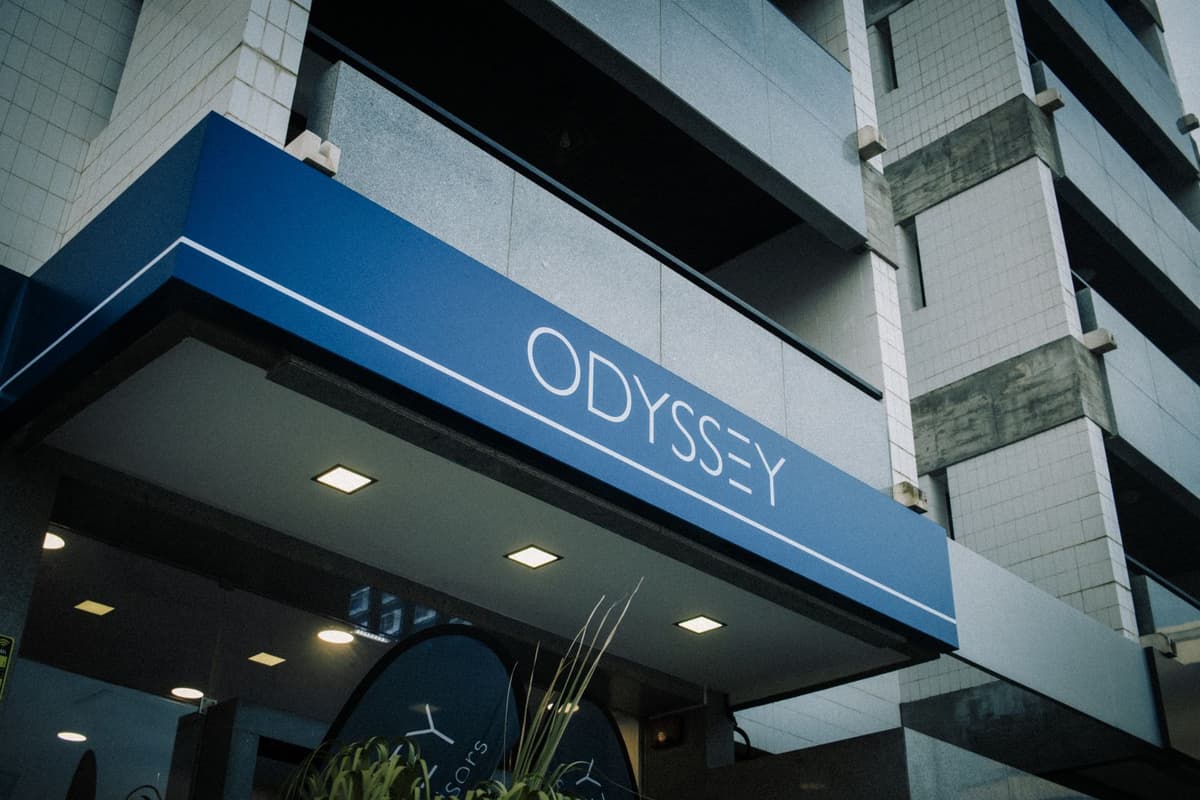Century 21 Portugal's Revenue Soars Past €100M, Signaling Market Stabilization for Investors
In a powerful demonstration of the Portuguese real estate market's resilience,
Century 21 Portugal announced its revenue for the first nine months of 2025 has surged past €104 million. This figure represents a remarkable 33.6% year-over-year increase and provides a critical data point for foreign investors analyzing the sector's health. The performance, built on the back of more than 15,000 sales transactions totaling over €3.6 billion, suggests the market is transitioning from a phase of rapid acceleration to one of sustainable, mature growth.Key Takeaways
- ✓ Century 21 Portugal's revenue exceeded €104 million in the first nine months of 2025, a 33.6% year-over-year increase.
- ✓ The market is showing signs of stabilization after a period of high acceleration, with robust underlying demand.
- ✓ The average property price has risen to €246,000, indicating continued capital appreciation for property owners.
- ✓ The transaction reflects sustained confidence from both domestic and international buyers, despite affordability challenges.
The detailed results from one of the nation's largest real estate networks offer a granular view into current market dynamics. The third quarter alone saw 5,245 sales and 1,516 rental agreements, up 3.3% and 11.1% respectively from the previous year. This dual growth in both sales and rentals in areas like the
Lisbon metropolitan area indicates a deeply rooted demand for housing that transcends simple ownership trends. It points to a dynamic and multifaceted property ecosystem, a key insight for anyone reviewing Portugal's real estate market insights.The increase in the average property price to €264,000 in Q3 further solidifies the narrative of value. While this presents affordability hurdles, for an investor, it is a clear indicator of a market that rewards asset ownership. The data suggests that properties, especially outside the hyper-pressurized city centers, are continuing to appreciate in value, offering strong potential for long-term capital growth.
Market Implications for Investors
For foreign investors, these figures are more than just numbers; they are signals about market sentiment and future direction. The sustained high volume of transactions—a 28% increase in total sales value year-over-year—demonstrates that liquidity remains high. This is a crucial factor for investment, as it indicates a healthy market where assets can be bought and sold with confidence. The report directly counters narratives of a potential market collapse, instead painting a picture of managed, sustainable expansion.
Ricardo Sousa, CEO of
Century 21 Portugal, provides an essential piece of analysis: “the market has changed scale, but it is stabilizing.” His comment on demand remaining “firm, both nationally and internationally, albeit with different geographies and client profiles” is a strategic directive for investors. The message is clear: the gold rush may be over, but the era of strategic, intelligent investment is just beginning. Opportunities are now appearing in less obvious locations, requiring deeper market knowledge and guidance from seasoned professionals.The CEO's focus on affordability constraints and the debt-to-service-income (DSTI) ratio is also a critical takeaway. It highlights the inherent tension in the market and reinforces the need for sound financial planning. Investors looking to leverage their purchases will need to navigate these macroprudential rules carefully, making consultation with property tax accountants and financial advisors more important than ever.
Century 21's Market Position
The strategic pivot by
Century 21 to cater to areas where local Portuguese buyers have purchasing power is a masterclass in market adaptation. It shows a company deeply in tune with the socio-economic realities of the country, rather than one just chasing high-margin luxury sales. This approach builds a sustainable business model and contributes to overall market health.Mr. Sousa's impassioned plea for structural reforms—“less talk and more execution”—resonates deeply within the investment community. His checklist for progress, including digital licensing, updated building codes, and a robust rental market, outlines the very reforms that would unlock the next wave of growth and investment in Portugal. This aligns with the analysis often found in our regulatory and legal frameworks blog, where policy is shown to be a key driver of market potential.
Need Expert Guidance?
Get personalized insights from verified real estate professionals, lawyers, architects, and more.
Portuguese Real Estate Market Context
The performance of Century 21 unfolds within a complex national context. Portugal's real estate market, especially in hubs like Lisbon, is defined by a structural imbalance between high demand and limited housing supply. This fundamental tension is the primary driver of price appreciation and presents both the biggest opportunity and the most significant risk for investors.
Several key factors are shaping this environment:
- Persistent International Appeal: Portugal's allure for international residents continues unabated, providing a consistent stream of demand for quality housing.
- Evolving Financial Landscape: While interest rates have stabilized, their impact on affordability continues to influence the middle market, pushing buyers to explore new areas.
- The Supply-Side Challenge: The pace of new construction has not kept up with demand, a critical issue that the government and private sector are trying to address through various initiatives.
- A Proactive Policy Stance: The government's focus on housing is leading to new policies and potential incentives, creating a dynamic regulatory environment that requires careful monitoring.
This landscape demands a sophisticated investment approach. The days of easy wins are fading, replaced by a market that rewards research, strategic location selection, and a deep understanding of both economic and policy-driven trends.
Investment Considerations
This report from Century 21 provides several actionable insights for foreign investors. The market's stabilization phase is an ideal entry point for those with a long-term horizon, as it suggests more predictable growth and less volatility. The emphasis on new geographic areas of demand should prompt investors to broaden their search beyond the well-trodden paths of Chiado or Cascais.
Investors should be actively seeking opportunities in emerging neighborhoods and municipalities around Lisbon that offer better value and strong growth potential. This requires on-the-ground expertise, making a partnership with well-informed English-speaking real estate agents a strategic necessity. These professionals can provide the nuanced advice needed to identify and secure high-potential assets in a competitive market.
Future Outlook
The future of the Portuguese real estate market appears to be one of balanced and resilient growth. The strong performance of major players like Century 21 confirms that the market's foundations are solid. While challenges remain, particularly on the supply side, the combination of strong domestic demand and unwavering international interest creates a fertile ground for investment.
Success in this next chapter of Portugal's property market will belong to those who can look beyond the headlines and understand the deeper trends at play. It requires a commitment to research, a willingness to explore new opportunities, and the right local partners. For expert guidance on developing a successful investment strategy in Portugal, contact realestate-lisbon.com.




